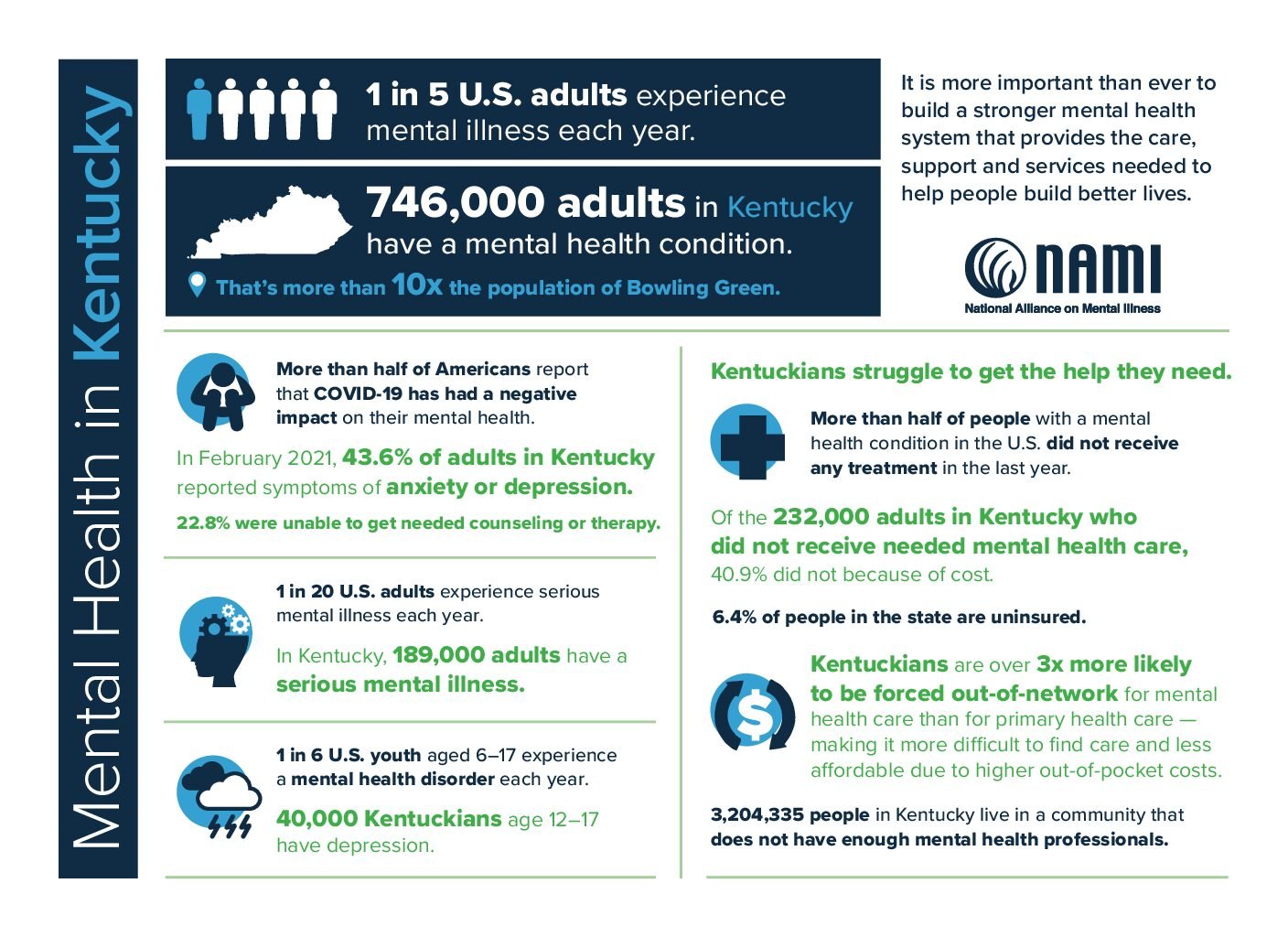I like that the Hendersonian has chosen to have a ‘Wellness Section’ and am grateful to have an opportunity to contribute to it. But what is wellness? I found these definitions online: 1) the condition of good physical and mental health, especially when actively maintained by proper diet, exercise and avoidance of risky behavior 2) the state of being well or in good health 3) the quality or state of being in good health 4) the process of learning about and engaging in behaviors that are likely to result in optimal health 5) a healthy state of wellbeing free from disease. I don’t know about you, but I’d like an extra-large helping of wellness, please.
Are we in a state of good health? According to 2019 statistics, the United States spends more than 2.5 times other countries on health care. Does spending more on medical care mean greater life expectancy? As of December 2020, the U.S. ranked #69 in Healthy Life Expectancy at Birth. We might conclude U.S. health care isn’t ensuring longevity. And statistics say nothing about chronic diseases that impact our quality of life.
Did you know that the #1 cause of most illnesses and disease, including heart disease, cancer, digestive issues, autoimmune diseases, depression, anxiety, memory impairment, weight gain and skin conditions is stress? Yes, stress.
An accumulation of physical, chemical and emotional stresses can overwhelm the body’s ability to function properly. Traumas, poor diet, environmental toxins, being overscheduled, overcommitted, lacking adequate sleep, lacking daily sunlight, lacking proper exercise, chronic worry, negative self-talk, work, school, financial difficulties, family, spouse, children, pets and relationship difficulties can and do overwhelm your body’s ability to self-regulate. The result is sickness, symptoms, ill-health, disease and ultimately death.
Stresses aren’t going away anytime soon, but do we just shrug and say there’s nothing we can do about them and continue to live with the consequences? Or do we decide that we can take responsibility for what we can by committing to lifestyle modifications to manage daily stresses? Here are some tips for tackling stress.
The Standard American Diet is…S.A.D.! Reduce your stress by consuming fresh, whole foods typically found on the perimeter of the grocery store. A brief list of stress-reducing foods is: broccoli, asparagus, spinach, cantaloupe, oranges, lemons, blueberries, almonds, walnuts, avocado and salmon. Drink more water, preferably spring or filtered water and not from a plastic bottle.
Getting proper sleep is paramount to managing stress because the body heals and replenishes when we sleep. It is best to get a minimum of seven hours of uninterrupted sleep for restoration and repair. The best sleep is between 10 pm and 6 am. If you need a snack before bed, make it a protein. And cut the T.V. before bed. Better yet, cut the T.V.
Exercise helps to reduce the “fight or flight” response. Walk for at least 20-30 minutes a day. Find someone to walk with you. Having an exercise partner helps hold you accountable so you are less likely to skip it. Resistance weight training is also recommended for bone and muscle health.
For goodness’ sake, breathe! Take a few minutes at least twice a day to practice some deep-breathing. Take a slow, deep breath in for a count of 3-5, then hold it for a count of 3-5, then slowly let it out for another 3-5, then hold it out for yet another 3-5 before repeating it all over again. You can thank me later.
Finally, what you believe affects your health more than anything else. Your thoughts and attitudes about the world you live in matter. They matter a lot. You play a significant role in your own health, so make choices accordingly. The journey of a thousand miles begins with the first step so keep putting one foot in front of the other. If you need help, ask for it. There’s no shame in needing or asking for help. We all need it at some point or another. You may not add years to your life, but you can add life to your years.
Rick Liggett is a native Hendersonian. He received his Chiropractic degree from Logan College of Chiropractic in 2001. He specializes in Activator adjusting, Nutrition Response Testing and Splankna, a Christian mind-body tool for emotional healing. His office is located in downtown Henderson on the third floor of the Citi-Center Building.
























